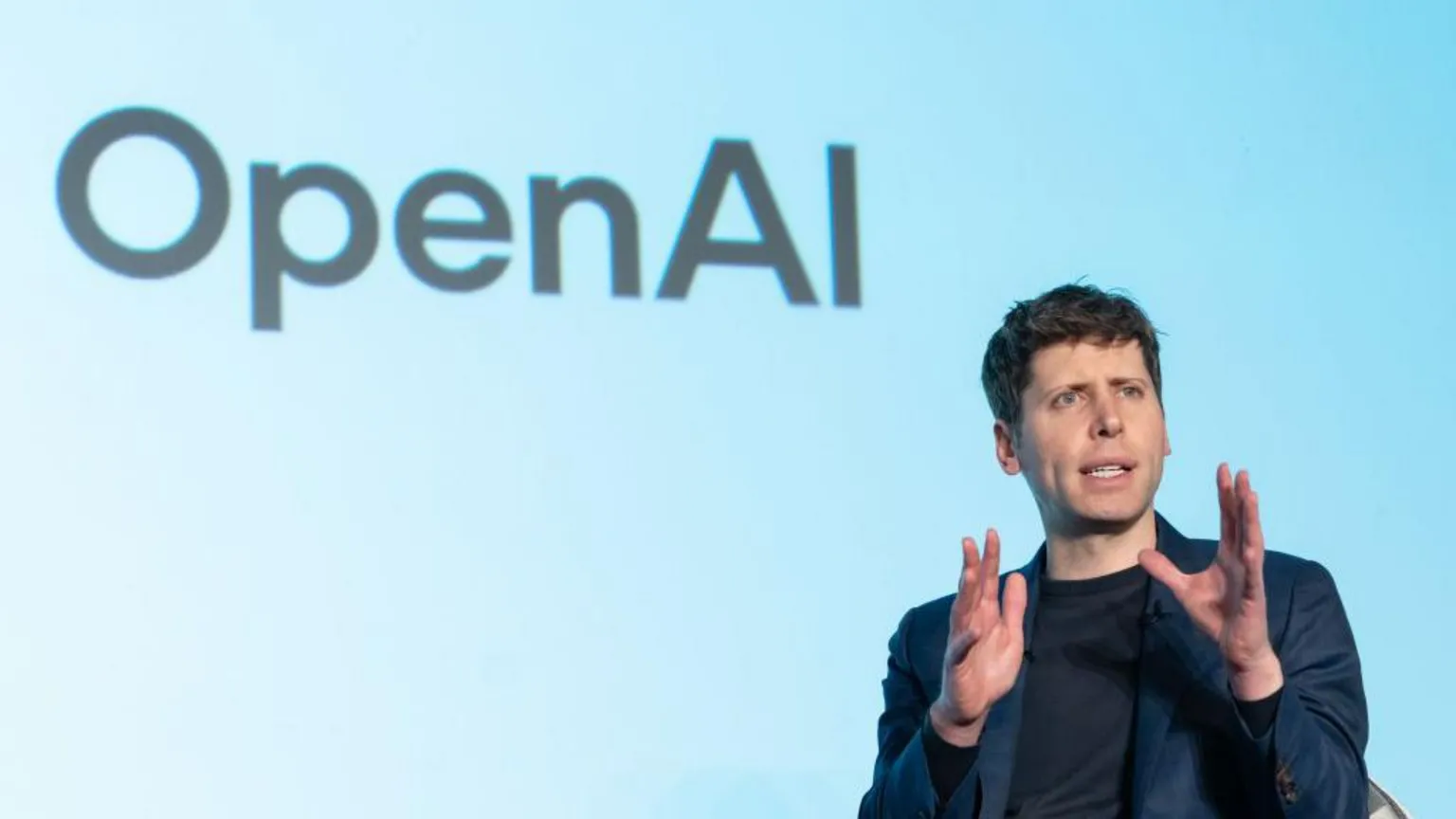
OpenAI, the owner of ChatGPT, signs a $38 billion cloud computing agreement with Amazon.
In 2025 alone, the AI trailblazer has reportedly secured over $1 trillion in deals with tech giants like Oracle, Broadcom, AMD, and the chip-making powerhouse Nvidia. This latest agreement with Amazon is particularly significant as it helps OpenAI reduce its dependence on Microsoft, a long-time primary provider of its computing infrastructure.
This new seven-year contract will grant OpenAI crucial access to Nvidia's cutting-edge graphics processors, essential for training its sophisticated artificial intelligence models. This partnership comes on the heels of a major restructuring at OpenAI last week. The company transitioned from a non-profit structure and redefined its relationship with Microsoft, giving it greater operational and financial autonomy.
Sam Altman, OpenAI's co-founder and CEO, emphasized the necessity of these partnerships, stating, "Scaling frontier AI requires massive, reliable compute." He added that their collaboration with Amazon Web Services (AWS) will "strengthen the broad compute ecosystem" needed to drive the next era of AI and make advanced AI accessible to everyone.
This agreement underscores the immense demand for computing power fueled by the burgeoning interest in artificial intelligence, and it highlights OpenAI's urgent efforts to secure the resources it needs. OpenAI, which propelled AI into the mainstream consciousness with ChatGPT's 2022 launch, had previously relied heavily on Microsoft for its computing needs. An exclusive cloud agreement between the two firms was in place until January of this year when their partnership became more flexible.
Now, this initial deal with Amazon's AWS marks a clear shift, as the AI startup diversifies its computing power sources away from Microsoft. Kim Forrest, chief investment officer at Bokeh Capital Partners, observed that "the deal with AWS shows that OpenAI considers that its path to leadership is paved with getting access to as much computing power as it can get its hands on." She also noted that Microsoft's decision to "take less of a control stake in the company has allowed relationships with near competitors to OpenAI's funders possible."
However, this aggressive pursuit of AI development comes at a cost. OpenAI has reportedly been unprofitable, investing heavily to maintain its lead in the fast-paced AI technology race. Recent quarterly results from Microsoft even indicated that OpenAI incurred a substantial $12 billion loss in the last quarter alone.
Following the announcement of the Amazon deal on Monday, Amazon's shares soared to an all-time high, adding an impressive $140 billion (£106 billion) to its market valuation. Matt Garman, CEO of AWS, confidently stated that AWS is "uniquely positioned to support OpenAI's vast AI workloads."
The interconnected web of deals among leading AI firms has been attracting increased scrutiny, with OpenAI often at the very center. This flurry of activity has even sparked speculation about a potential "AI bubble." Addressing these concerns last month, Sam Altman acknowledged to the BBC, "Yes, the investment loans are unprecedented," but quickly added, "It's also unprecedented for companies to be growing revenue this fast."
Despite Altman's optimism, cautionary warnings have been voiced by institutions such as the Bank of England and the International Monetary Fund. JP Morgan boss Jamie Dimon also cautioned the BBC, stating that "the level of uncertainty should be higher in most people's minds."